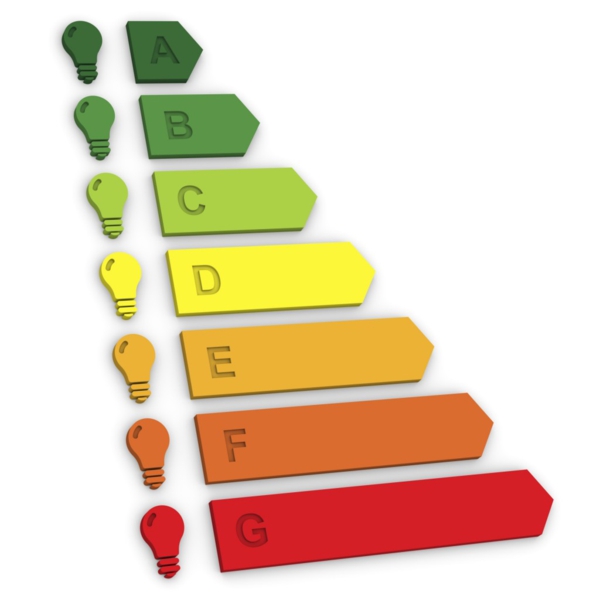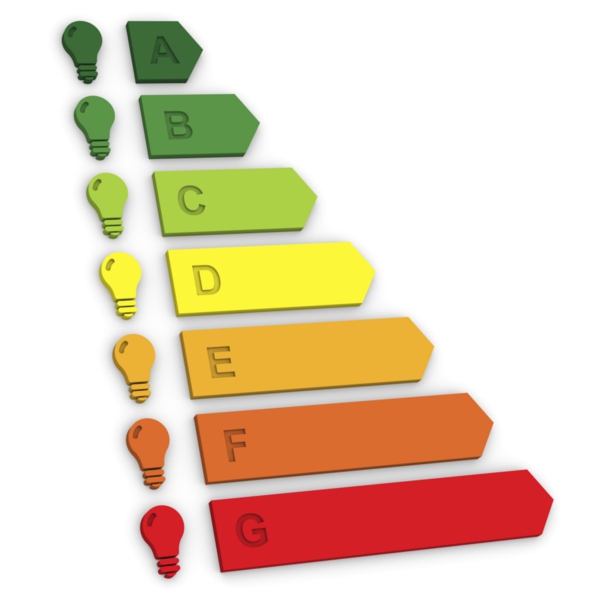Energy efficiency is one of the key strategies for making life on Earth more sustainable. And this means life in our own neighbourhood and home too. Becoming energy efficient has two additional and critical advantages for us: we save money on the energy bill, and we contribute to containing, when not actually reducing, air pollution through greenhouse gas emissions.
Arguably, not using power is the most energy efficient method of all. Cycle instead of drive. Use a candle instead of a lamp. Use batteries instead of electrical power. This however isn’t always feasible, and sometimes it doesn’t make economic sense. On the other hand, some proven ways of becoming energy efficient, like switching to solar-generated power for electricity and heating, have high investment costs and need to be carefully evaluated.

So how can we make our home more energy efficient, effectively and at minimum cost? Here is a list of what we can do:
- Switch from incandescent to fluorescent bulbs for lamps and fitted lights. Energy saving bulbs do cost more (an 11W fluorescent bulb costs up to £ 4,99, compared to £ 2,99 for an equivalent 60W incandescent bulb) but within a normal household the extra cost will run into the 10s of pounds a year, while the related energy saving will far outstrip this (and fluorescent bulbs last longer too).
- Upgrade to dusk-to-dawn sensor bulbs. Some energy saving bulbs come equipped with light sensors that will switch them off at dawn. This type of bulb costs up to £ 6,99 for 15W but can reduce energy consumption by up to 80% and is very useful for office lighting.
- Use a pocket solar charger to charge up the batteries of your personal electronics (phone, tablet, MP 3 player, digital camera). As well as being portable, it charges up on natural light in 12 hours, and in about one hour it will fully recharge a phone or an MP3 player.
- Use A-rated white appliances. Washing machines, dryers, dishwashers, refrigerators are a household’s best friends, especially when they are designed and built for being energy efficient. Current refrigerators have been shown to use 40% less energy than 2001 models! Watch out for the EU standard energy label and go for a minimum rating of B (the scale is G, least efficient, to A, most efficient) : the extra cost is relatively small and the long-term advantages significant.
- Use stand-by mode with care. Pcs, TVs and other electronic equipment run stand-by mode to be able to be quickly turned on when necessary (hence saving re-booting time). But if you don’t plan to use a device for more than half an hour, the most energy efficient way to go is to switch it off and/or cut power at the plug (or remove the plug). A small act but if you add it up for several times a day over a year…it’s another contribution to being more energy efficient, and saving on your energy bill.
So now you know, and with a little discipline all these tips will add up into a significant improvement of your energy efficiency and into more savings.
This post is written by Mark Jenkins and he works at CouponAudit as a writer, where thousands of valid and working online coupons for different stores are available including but not limited to Toms promo code 2013 and various other online stores.

